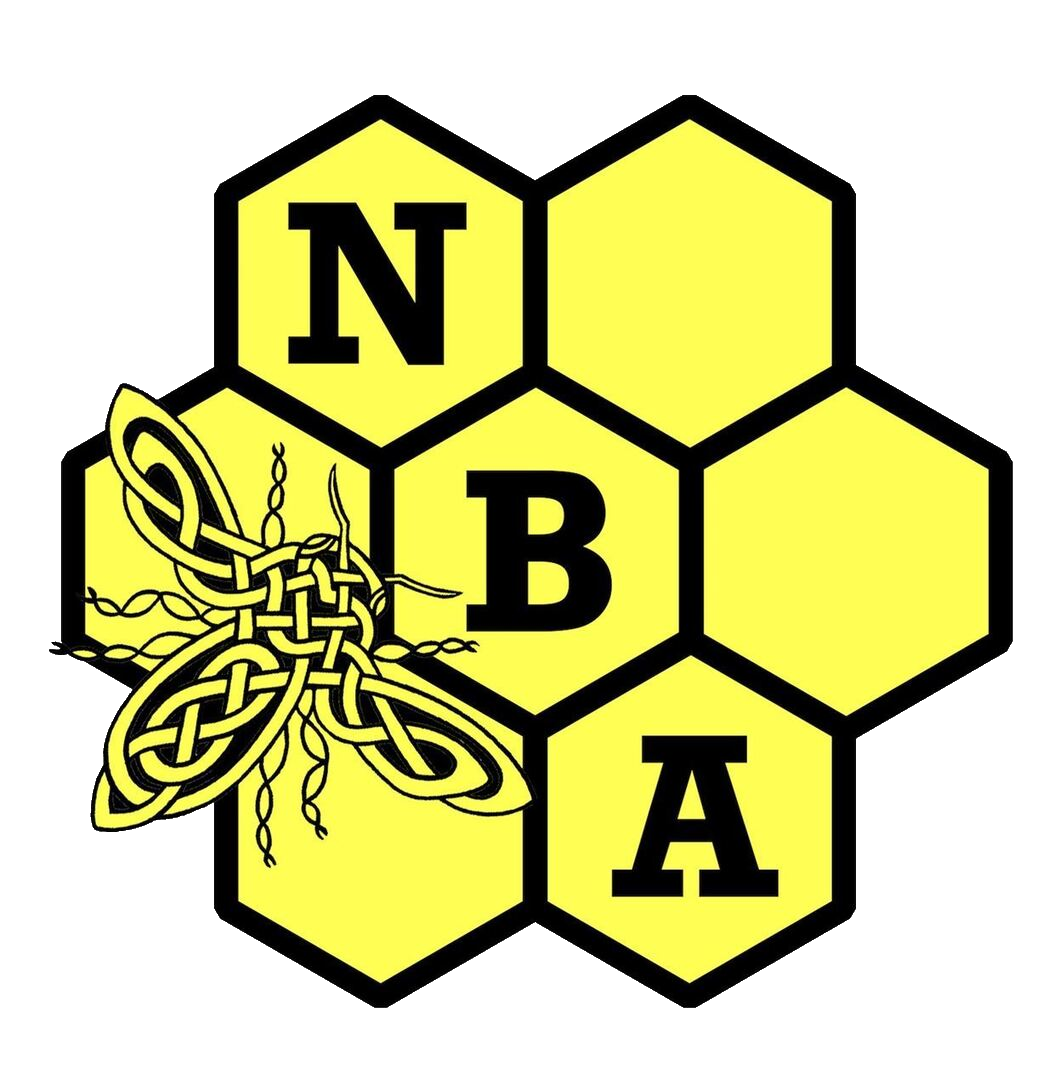

March Webinar
Our last winter webinar of this series is with our webinar host Dr Gino Jabbar. On Tuesday 10th March at 7.30pm (GMT), Gino will talk us through the different systems of honey judging. The UK and Irish, Italian and French systems of honey judging will be summarised, and the philosophies of each discussed.
To book your place, please click on the image above or the link below
BOOK PLACE
Dr Gino Jabbar is a Physicist, Bee Farmer, and Honey Sensory Analyst with a small bee farming business, Simply Honey, based in Edinburgh and the Lothians. He is a Scottish Expert Bee Master, Scottish Honey Judge, and a member of the prestigious Italian National Register of Experts in the Sensory Analysis of Honey. He is an International Honey Judge for Le Concours Des Miels De France, Tre Gocce D’Oro Grandi Mieli D’Italia, and the International organic honey awards Biol Miel. In addition, to Show Judging closer to home in Scotland. He is actively involved with Honey education and contributes to new science as a member of the International Honey Commission. He serves as a trustee for The Scottish Beekeepers Association, is the director with responsibility for Scotland for the Bee Farmers Association, and most recently Co-founded and is Chairman of the Honey Guild of the United Kingdom. A honey organisation with the aims of characterising UK honeys, providing professional training in Honey Sensory Analysis, and driving a Honey culture within the UK.
These beekeeping webinars are free to SBA Members, you just need to register your attendance beforehand for access on the night.
